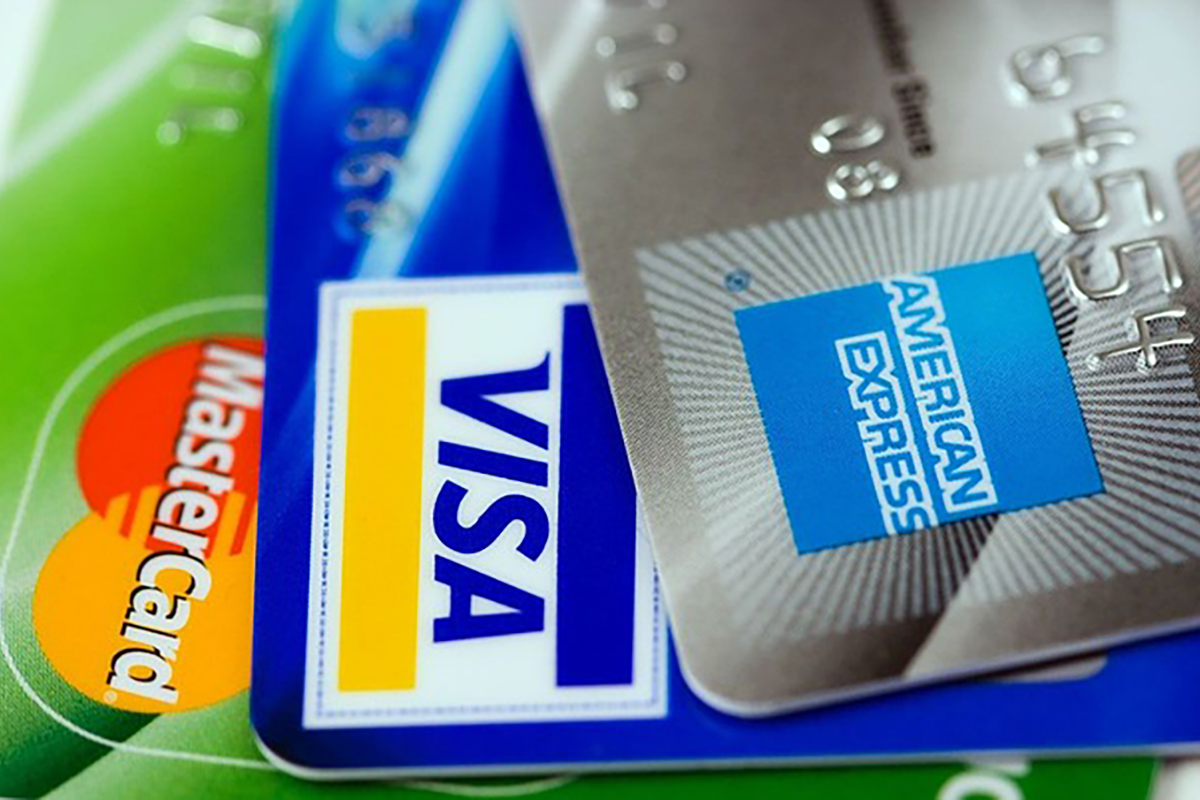Consumer credit dropped slightly in February, marking just the second monthly decline in the past 17 months, according to the latest data from the Federal Reserve.
- Total outstanding consumer credit fell to $4,997 billion, down 0.2% from the prior month signaling a potential caution among consumers
- Nonrevolving credit, which includes car loans and student debt, dropped 0.2% to $3,673.4 billion, while revolving credit, primarily credit cards, barely increased, edging up just 0.07% to $1,323.6 billion.
Worse Than Expected: Economists were projecting consumer credit to rise by $15.2 billion.
What This Means: The decline in consumer credit—especially in nonrevolving credit—suggests that consumers might be paying down existing debts rather than taking on new loans, or that households are cutting back spending amid concerns of an economic slowdown or potential recession.
Impact On Rates: If consumer caution continues, it could ease pressure on interest rates as spending slows.




